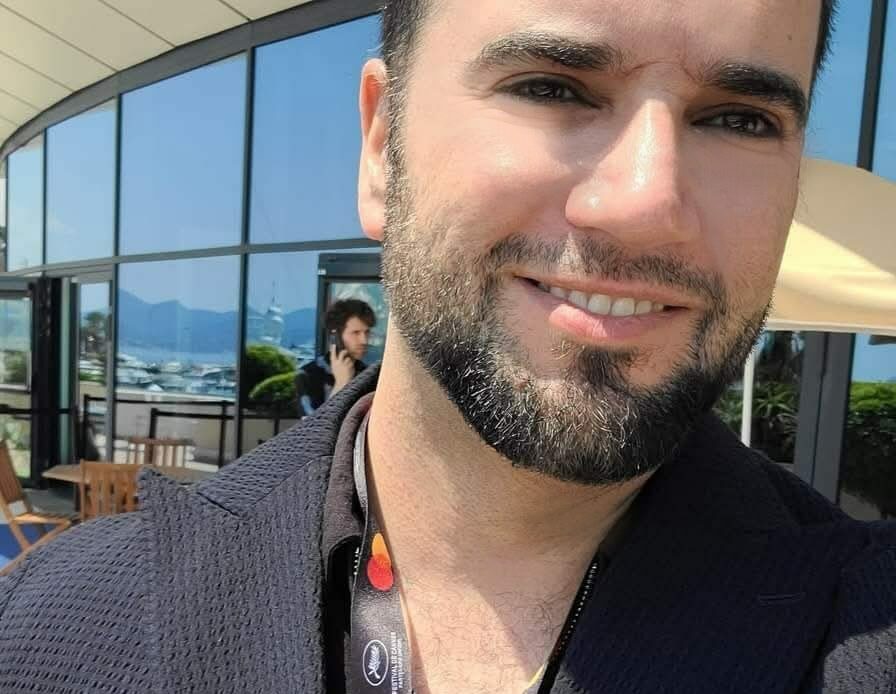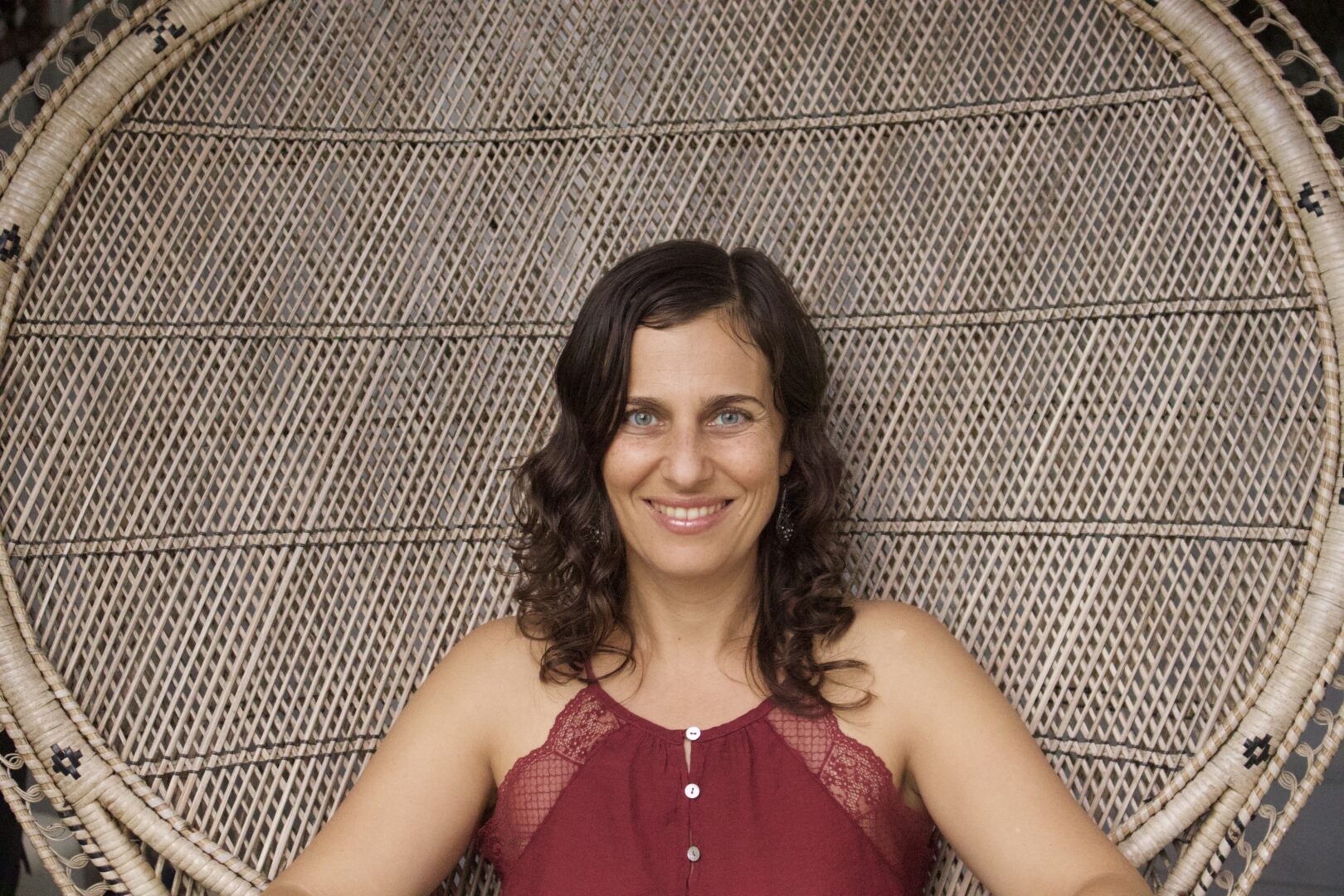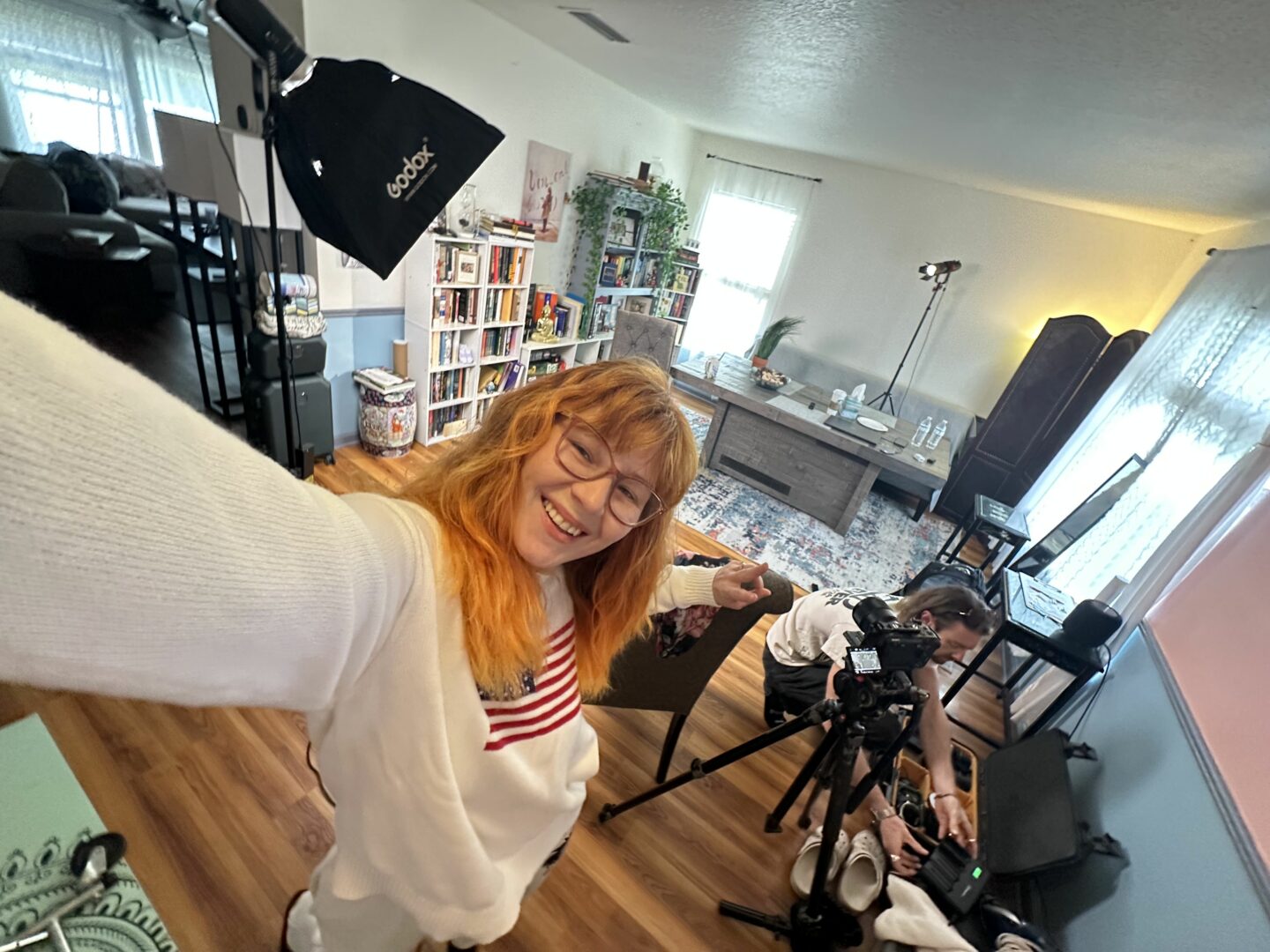We recently connected with Mahlon Berv and have shared our conversation below.
Mahlon, appreciate you making time for us and sharing your wisdom with the community. So many of us go through similar pain points throughout our journeys and so hearing about how others overcame obstacles can be helpful. One of those struggles is keeping creativity alive despite all the stresses, challenges and problems we might be dealing with. How do you keep your creativity alive?
The essential ingredient in creativity is problem solving. Remember the mission. Ignore negative nellies but listen to meaningful criticism. Keep your love for the art alive. Create a daily discipline. Be inspired by great artists. Face challenges head on and be honest about them. Take risks. Develop your loving-kindness. Study hard, play hard, stay in touch with your muse. These core principles have helped me achieve success in music and creativity.
Creative Spark:
After years as a musician, it is easy to become jaded. Responsibilities arrive, and earning a living becomes the focus. To keep the creative spark flowing, stay curious. Find new artists and role models that inspire you. Attend concerts outside your wheelhouse. Pick up a new instrument you’ve never played before. Learn new techniques on your instrument, such as how to transpose your song into different keys. Get feedback on your progress from masters in the field, great artists have amazing mentors. Enjoy life! It is easy to forget that a walk in the park or a trip to the beach can be the catalyst for a eureka discovery.
Remember the Mission:
The major aspect successful entrepreneurs and artists have in common is a clear mission. How did Arnold Shwarzenneger become an A list actor, legendary bodybuilder, and even the Governor of California? In every aspect his mission was clear, to become the best at his chosen field. The principle ‘be useful’ was ingrained in him by his father, to be a meaningful and positive force in society. With clear goals, he focused on daily practice to build muscle one step at a time. Every action was in service of the mission. He ignored the naysayers and visualized the person he wanted to become. This visualization and meditation meant that in his mind, at a young age he already had ‘become’ a success, the next step was to find practical tools and techniques and work hard to turn his vision into reality.
Notes From Experience:
Faced with learning to write music and play piano, or organize a concert with Grammy winning musicians? Ask yourself, what is the mission, what is my daily discipline, what risks should I take, how can I think as a problem-solver, and how can I develop loving-kindness?
Loving Kindness
For the Universal Concert for Humanity, I cherished giving back to the community, with so much suffering and trauma happening worldwide. I learned the principle of loving-kindness, or compassion towards all. This was the spark for a concert that was a great success and touched hearts and minds globally with the healing power of music.
It’s important to remember that loving-kindness extends to oneself also. In today’s highly competitive world, it’s easy to fall into the trap of self deprecation. Remember to practice gratitude to your friends, family and loved ones, but also realize that you matter too. This isn’t a prescription for self-indulgence, but an awareness that those with the fullest equanimity and peace, such as Buddha or Nelson Mandela, look within and practice self-care as they become a beacon of light to others.
Problem Solving
While learning to play the piano, the key is problem solving. How can I find a solution for my fingers to find the right notes, play faster, with musicality and expression? What worked best for me was to break it down, practicing each piece slowly in small bites and then adding it together. This is a concept familiar to anyone who has tried to memorize a poem or prepare for an exam. By focusing on one main idea before moving on to the next, it gives our brains time to process and build that new connection.
Daily Practice
With this also comes daily discipline, of always practicing a certain number of hours every day. The Hollywood composer John Williams is known for his simple routine of writing music daily, even when uninspired.
Embrace Risk
Taking risks is an essential part of being an artist and living your best life. As a trained composer and pianist, I feel very comfortable in my element creating and performing new music, but I have less experience as a conductor. Although my master’s is in composing, when asked to conduct the local choir and school orchestra I jumped on the opportunity, as I saw it as a great opportunity to hone my skills and go outside my comfort zone.
A composer’s safe space is a quiet room in solitude where one can create and experiment, whether it be with a violin, piano, quill or a computer. Similar to composing, the art of conducting an orchestra requires great focus and concentration, yet one major difference is the highly social, leadership aspect. To direct an orchestra of musicians you must have confidence, be clear in gesture, and shine a positive and energetic mindset that inspires the musicians and even the audience.
By putting myself in a new situation of conducting an orchestra, I went outside my normal environment and realized that I love it as well. Conducting has also helped me become a better composer, with the opportunity to analyze and study music in a new way, as Leonard Bernstein or Tchaikovksy once did.
Clarity of Purpose
In creativity, a clear mission is essential. Ask yourself, what do I want to accomplish, what is my goal for this musical composition, performance or essay? Upon writing the violin composition Agni, for Madalyn Parnas Möller, I was inspired by the great tradition of solo violin music, especially J.S. Bach’s works. My goal was to create a new Chaconne representing the violin’s beauty, power and virtuosity, but with contemporary music theory, minimalism, and advanced harmony. I studied the violin, and consulted with experts to ensure that my experiments made sense. After reflection, I began to compose through a combination of intuition and careful planning. This synthesis of writing from the heart with music theory helped me compose a piece I’m really proud of, Agni, which ended up as a finalist for the American Prize in Composition. My mission to create a modern Chaconne was ambitious and maybe even impossible, but having big dreams is important, as it really inspires you to work hard. Clarity of purpose and mission is the key.
Creativity is a mysterious animal. Mozart’s creative genius appeared to beam from heaven, while others ‘become’ creative through perseverance. It’s rarely one or the other, yet a mixture of important factors that helps keep creativity alive. I’ve noted a few of the principles that help me embrace creativity; daily discipline, nurturing intuition, and having a clear mission. For others these principles may differ. What’s common to us all is our humanity, empathy and love of the creative journey. So stay positive, be inspired, and never give up, your creative journey has just begun!

Appreciate the insights and wisdom. Before we dig deeper and ask you about the skills that matter and more, maybe you can tell our readers about yourself?
I’m a composer for film, tv, media and the concert stage. My creative joy is a day where I’m writing a tango for ballet, an aria for opera, and an orchestral cue for the car chase in a movie. I also thrive on new challenges, and one position I’m truly proud of is as the Artistic Director for the Universal Concert for Humanity, a YouTube concert with Grammy winning artists uniting the healing power of music with charity for peace. I also believe in the importance of giving back to the community, and as a music creativity entrepreneur I teach music, composition, theory and piano to all ages as CEO of Piano Master Music Conservatory.
As part of the Universal Concert for Humanity, I have composed a Requiem that we will premiere at our next event, and I was delighted to write music recently for the Ballet Rumplestiltskin at Ballet Indiana, as well as collaborations with Marika Brussel in NYC. I am currently composing a piano trio, as well as a chamber work inspired by Schoenberg’s Pierrot Lunaire.

If you had to pick three qualities that are most important to develop, which three would you say matter most?
The three qualities most impactful in my journey are discipline, imagination and lovingkindness.
Through discipline, blood, sweat and tears, I overcame physical and mental blocks in how to play the piano, as well as struggles on how to write music and start a career.
Through imagination I discovered music as my calling. When I was young I would sit for hours imagining new melodies and musical ideas. I still do this today, but now with a bit more structure and a specific goal or piece of music.
Through loving-kindness I am here today. This one essential quality I think is the most crucial aspect of all, it sounds cliche’ but love is the most powerful force in the universe. If you are kind to yourself and others, everything starts to flow.
My suggestion for young artists and entrepreneurs is to practice, practice, practice. The more you expose yourself to discipline, imagination and loving-kindness the better you will become. Look to your heroes for inspiration, folks such as Michael Phelps, awarded the most Olympic Gold medals in history for his tenacious hard work, Thich Nhat Hanh, who changed the world with his teachings on mindfulness and compassion, and Albert Einstein, whose imagination bolted civilization into a new scientific future.
In order to improve discipline and daily routines, build them one habit at a time, read Atomic Habits by James Clear. Also crucial, cut out bad habits as much as you can, like junk food and spending endless hours doom-scrolling or watching TV. There’s nothing wrong with enjoying life, watching a movie, or going to a party, but make sure you leave time for hard work, because every second you have to accomplish your goals is crucial.
To refine your imagination, rely on your own mind. What I mean is, find a quiet place and meditate, or take a hike through the mountains. This helps clear the mind and opens you up for new possibilities. Play games. There’s a reason kids are so darn creative, it’s cuz they’re always playing, always asking questions, and always ready to have fun, make jokes and stories, no matter the situation.
To practice your loving-kindness, make a new friend who has a different belief system or point of view than you. If you’re a Democrat, befriend a Republican, and so on. Develop your empathy and compassion by serving the community, give charity to those most in need, and send kind and loving thoughts to all. Notice when you become hateful or self centered, and reflect on compassion to neutralize or redirect that anger. Spend less time thinking about what new toys you can buy and more time on how you can make a meaningful impact on others. Remember that if you ‘save one life, you save the world’.

Looking back over the past 12 months or so, what do you think has been your biggest area of improvement or growth?
In the past 12 months my biggest area of growth has been a new openness to take on leadership roles in the music community. Although I know I can improve, I’m thrilled that I’ve been able to reach beyond my natural talents of quiet inward looking creativity, writing music, and extend it to a greater cause larger than myself. I’m so grateful for the connections I’ve made over the years and honored that I can bring people together for music and healing. This new discovery that even a quiet composer dude can be a leader has been really enlightening. It means that you don’t have to be naturally gregarious, extroverted or larger than life to start a movement, the most important thing is your willingness to help others in a meaningful way.
Contact Info:
- Website: https://www.mahlonberv.com
- Instagram: @mbervcomposer
- Facebook: https://www.facebook.com/people/Universal-Concert-For-Humanity/61559570155807/?mibextid=LQQJ4d
- Yelp: https://www.youtube.com/@mahlonmahlon


so if you or someone you know deserves recognition please let us know here.




